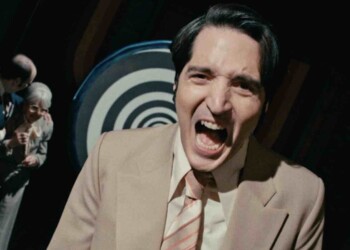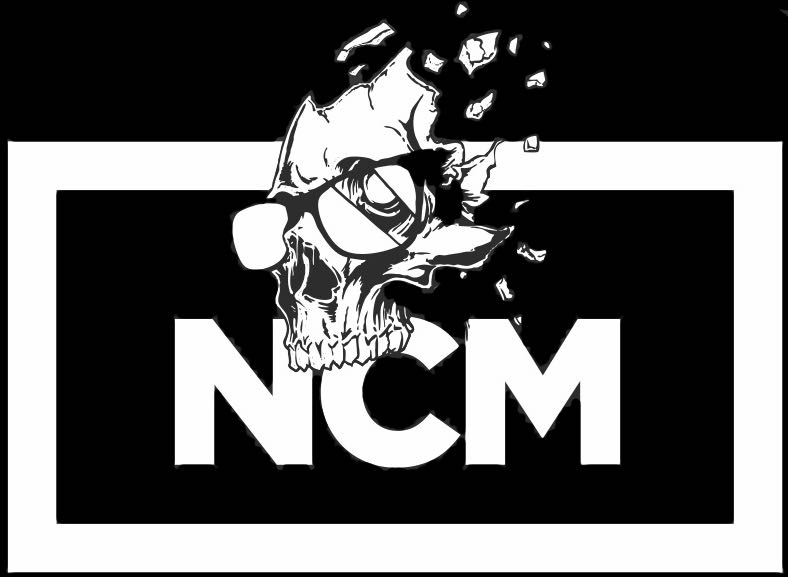The shedding of our naiveté is usually a good thing. It means we have grown up, that we see things as they are in the concrete. But there is a certain naiveté that is sad to loose. It’s the kind that lets a child believe that cavemen rode dinosaurs and that they have to eat their vegetable or the boogie man will get them. It allows an excitement in the unknown because it is truly unknown. You don’t understand the rules of physics that make time travel impossible or that there is no prince of Mars. Every foam rubber B movie monster and magic wardrobe you see on TV might as well be the subject of documentaries.
It’s a beautiful world view to have. One that allows a person to believe that maybe there really is a candy-cane Shangri-La over the next ridge. Because why the hell not.
UFOlogy is at its most successful when it highlights the transition we go through when losing that naiveté. The story centers around two highschoolers Malcom and Becky. Malcom is the son of an eccentric Art Bell like radio host. He is still very much in the meat of his naiveté believing in all of his father’s conspiratorial pontifications. His nights are spent scanning the stars for evidence of aliens and collecting clues on why a yet to be uncovered alien race would be interested in his small town.
Becky is transitioning out of her fantastically leaning years. Her confidence is just beginning to swell. She has her driver’s licenses. In the first issue, she goes on her first date with a boy.
However, on that first date her path crosses with Malcom and who believes the aliens have finally arrived. He is right.
The aliens arrive. Becky’s date is killed in a fire and Becky is touched by the creature, leaving a glowing mark on her head and horrific dreams in her mind.
UFOlogy derives its most interesting conflict in the way Becky’s desire to grow up is tugged back by the juvenile idea that aliens are real. To Becky it is silly and childish to really believe that a creature came down from the sky and filled her head with magic, yet it happened and it resulted in her date dying.
The stark dramatic reality of a powerfully adult thing like death being drenched in the product of childhood fantasy pulls at Becky. She can’t accept what happened. She blames the fire on an accident and the glowing mark on her face she claims is just an odd burn.
She wants to exile the memory and replace it with something she sees as adult. Something rational and fitting to a grounded world view. Yet part of her wants to believe.
There are the last crumbs of that naiveté in her, parts that still love the monster movies she used to watch with her dad and are tickled by the mysteries presented in her nightmares.
While Becky tries to return to school and repress her curiosity, Malcom weighs down the opposite side of the fulcrum. He pushes her to accept what happen and to find meaning behind it. Malcom is Spielbergian character. A boy that is constantly pushing for the most swashbuckling and exciting solution to an issue. The most wondrous solution must be the right one.
However, his actions don’t seem to exclusively come from a sense of adventure. Much of Malcom’s quest for extraterrestrial life seems rooted in Malcom’s desire to feel closer to his father.
Flashbacks show how Malcom’s charting of the stars mirrored his father’s. While the relationship between the two is never said to be one that is distant or broken, his father’s appearances in the story do seem intentionally brief and infrequent, foreshadowing what the reality of their relationship might turn out to be.
All this deep character work and nuanced theming is garnished by still cryptic subplots involving secret government organizations, a cover up within the local small town government and a mysterious machine made of scrap metal.
UFOlogy is never lazy. It develops each character with an extra level of nuance making sure they never rest within an archetype. It introduces just enough moving parts to be constantly interesting without ever getting convoluted and no element of its story is without some kind of deeper meaning. It is gluttonously satisfying in every dimension, capturing the sense of wonder you had as a child and charging you to justify why you ever gave it up.






